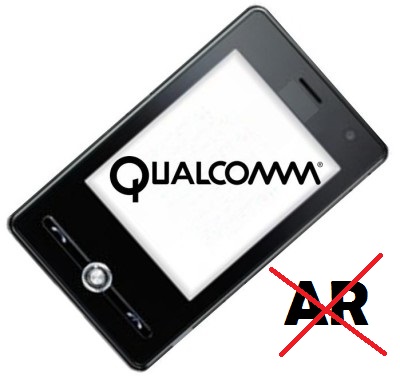The company behind the popular app is reportedly hiring experts in the field of wearables.
Some of the latest reports about Snapchat are now revealing that the company has started hiring wearable technology experts not for the purpose of creating a mobile app, but that are instead focused on the creation of hardware.
This is interesting because it would take the company well out of the current limits of mobile software.
While the initial assumption had been that Snapchat was looking to create mobile apps that would be supported by wearable technology, the discovery that the hires they’re seeking are not necessarily focused on software, but that are actually in the hardware category, has changed this prediction altogether. This has sent the rumor mill spinning and many speculations are that the company is seeking to make its own device, more specifically in the form of smartglasses.
The Snapchat app is exceptionally popular and using it through wearable technology could be interesting.
 At the moment, this social network boasts more than 100 million daily users that make up its user base. By adding wearables to the mix, it could break away from its current format in quite the unique direction.
At the moment, this social network boasts more than 100 million daily users that make up its user base. By adding wearables to the mix, it could break away from its current format in quite the unique direction.
Among the more notable hires that have already been made in the wearables hardware category are: Mark Dixon, who was a Microsoft HoloLens recruiter; as well as Eitan Pilipski, who had been a part of the Qualcomm Vuforia team that was focused on creating augmented reality computer vision tech. He was hired in January as the engineering director.
While this strategy by Snapchat is quite interesting and will be new to the company, it won’t entirely be a first in the social media world. Facebook did, after all, make the $2 billion acquisition of Oculus in 2014. Still, the willingness of Snapchat to take a new direction with wearable technology that remains primarily untested is quite a striking move and is one that is quite likely to keep the social app in the spotlight for quite some time. These rumors are further supported by indications that Snapchat would be making moves in the wearables market for some time now, through research and startup acquisitions.

 The company may also be interested in the underlying
The company may also be interested in the underlying 